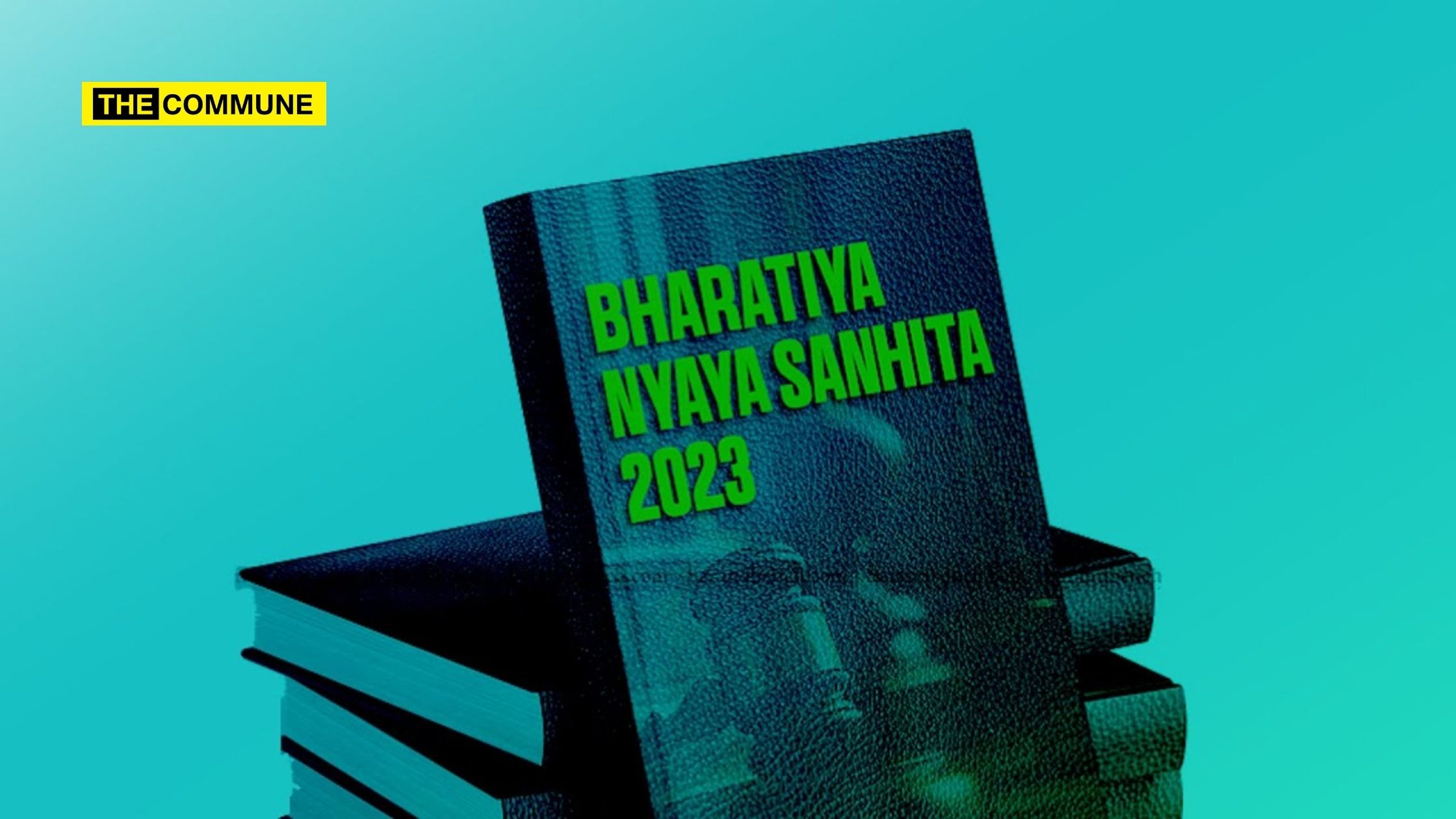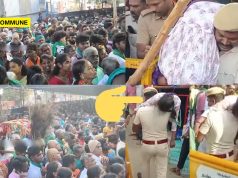
Feature Image Credits: IASExam.com
Presented in Parliament on December 12, the three revised bills, incorporating suggestions from a parliamentary committee, were successfully passed in the Lok Sabha through a voice vote on Wednesday. These bills, namely the Bharatiya Nyaya (Second) Sanhita, Bharatiya Nagarik Suraksha (Second) Sanhita, and the Bharatiya Sakshya (Second) Bill, are set to replace the colonial-era criminal laws—the Indian Penal Code (IPC), 1860; the Code of Criminal Procedure Act (CrPC), 1898; and the Indian Evidence Act of 1872. Initially introduced by Union Home Minister Amit Shah last week, a discussion was delayed due to the opposition’s focus on the Parliament security breach.
During the parliamentary debate on the bills, Shah emphasized that the existing criminal laws reflected a colonial mindset focused on punishment rather than justice. He asserted that the proposed laws aimed to establish a justice system rooted in Indian principles, aiming to free people from colonial influences.
The bills were discussed in the Lok Sabha on December 19, with some Members of Parliament stating that they would provide justice instead of mere punishment. However, others pointed out perceived “loopholes” in the proposed legislations that could grant discretionary powers to enforcement agencies.
A parliamentary standing committee on home affairs, led by BJP MP Brij Lal, had previously recommended changes to the bills, which were originally introduced in August. Dissenting notes from opposition members led to the withdrawal of the initial bills, and the redrafted versions were introduced earlier this month.
During the parliamentary debate, former Law Minister and BJP leader Ravi Shankar Prasad highlighted that the new bill reduced the number of sections from 511 to 356 in the IPC. While 176 sections were completely altered, eight new sections were added, and 22 sections were removed.
Concerns were raised by some MPs about perceived ambiguities in the sedition clause, suggesting that it could grant discretionary powers to enforcement agencies in interpreting terms like “separatist activities.” This, they argued, might be exploited as a political tool to suppress opposition parties protesting government policies.
The Bharatiya Nyaya Sanhita (BNS) is set to become the primary legislation governing criminal offenses, preserving certain sections of the IPC while excluding specific violations invalidated or modified by judicial rulings.
The new legislation introduces provisions for videographing search and seizure operations, defines terrorism, rationalizes remissions, and includes provisions for crimes related to murder based on race, caste, or community, with penalties ranging from seven years’ imprisonment to life imprisonment or death penalty.
The bills also aim to modernize language, removing colonial terms that have persisted post-independence. Electronic and digital records, as well as email and locational evidence, will be used to address challenges in the criminal justice system.
The bills received input from 18 states, six union territories, the Supreme Court, 16 high courts, five judicial academies, 22 law universities, 142 MPs, IPS officers, and state and central forces. The proposed legislation also aims to digitize the entire legal process, including the issuance and servicing of summons and warrants.
The motivation behind introducing these bills, according to officials from the Ministry of Home Affairs, is to address the “colonial imprint” on the criminal law process in India. The outdated British laws, enacted 160 years ago, prioritized protecting British interests over human rights, leading to complex procedures, high case pendency, delayed justice, and various socio-economic issues in the country.
Subscribe to our channels on Telegram, WhatsApp, and Instagram and get the best stories of the day delivered to you personally.




